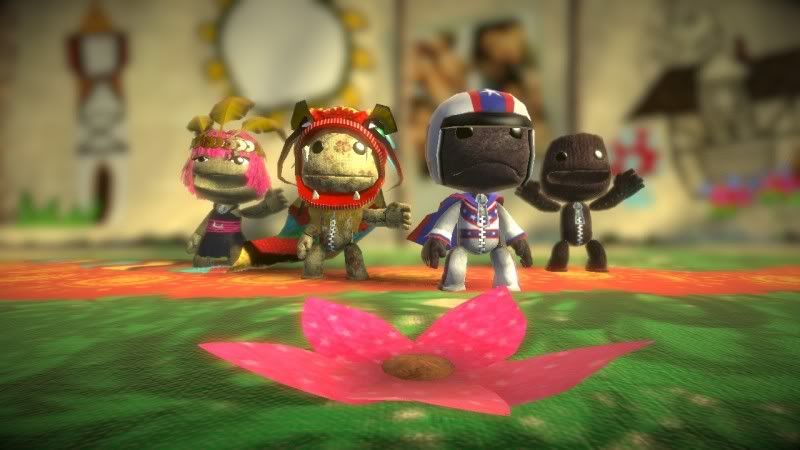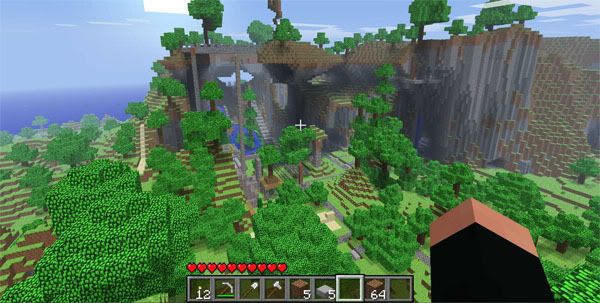This post has not been edited by the GamesBeat staff. Opinions by GamesBeat community writers do not necessarily reflect those of the staff.

User creativity is severely overlooked in many of today's titles.
Now don't get me wrong, I am well aware of the handful of releases that do provide gamers with tools to craft their own stories. Games like Little Big Planet and Trials Evolution maintain overall objectives while giving players staggering amounts of options, allowing them to play through and share interactive creations of their own.
Minecraft takes this a step further, allowing for almost complete control of an infinite landscape. As Minecraft started becoming more of a "game," its developers added elements like strongholds, villages, NPCs, and even an endgame while still keeping the title's focus on creativity.
While these are all great examples of games that encourage imagination, other developers need to take note.
But again, some studios have made strides in this last generation to give players more creative control. The Halo franchise, for instance, took a pretty big leap when Bungie added Forge mode into the third installment, which gave people the tools to create their own maps. Halo: Reach introduced Forge World, giving players even more options. Prototype 2 had a mission creator, which ended up being a great addition to the experience.
More player control isn't always a good thing, however. It can sometimes lead to offensive, racist, or flat-out-hateful creations. Call of Duty had this problem when it introduced user-created emblems, and some lowly individuals developed badges featuring racist images or symbolism. Publishers could argue that creative modes would reduce downloadable-content sales. Why pay for maps when you can get them free? Then again, Minecraft surpassed a million sales in just five days with Trials Evolution not far behind it.

Now, I'm not saying all video games could benefit from this style of content. Certain offerings are perfectly fine without any customization. It's hard to imagine playing a story-driven game like Metal Gear Solid or Uncharted: Drake's Fortune with a created character. Games with a huge narrative should generally be left up to the visions of their creators.
Whether you just want to express yourself or prefer to just play, it's hard to deny the impact that a game with user-generated content can have. And in the end, it's a great way to bring a community together.
